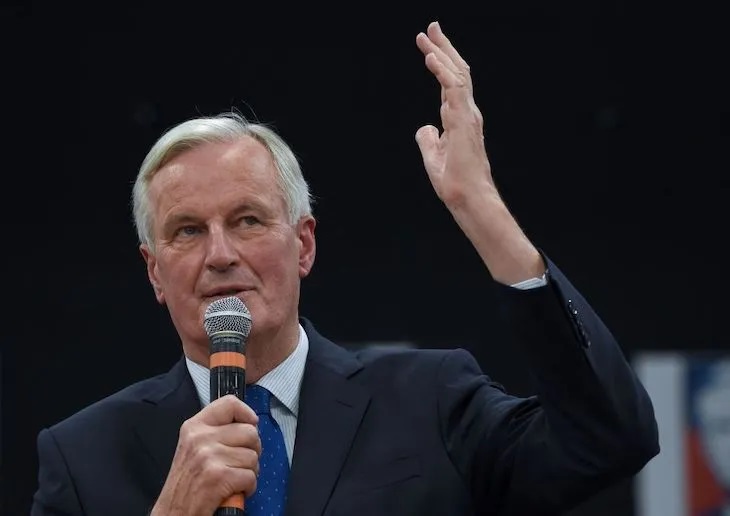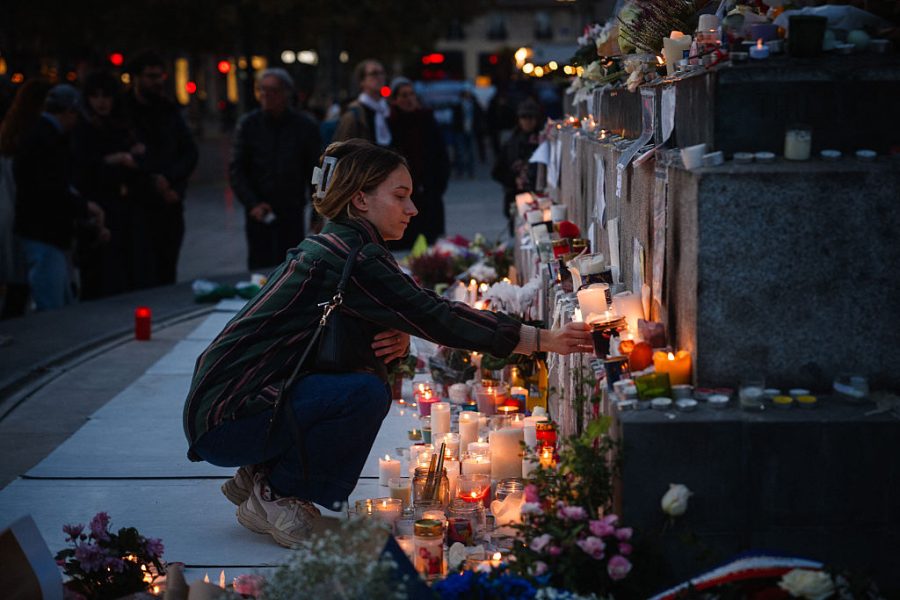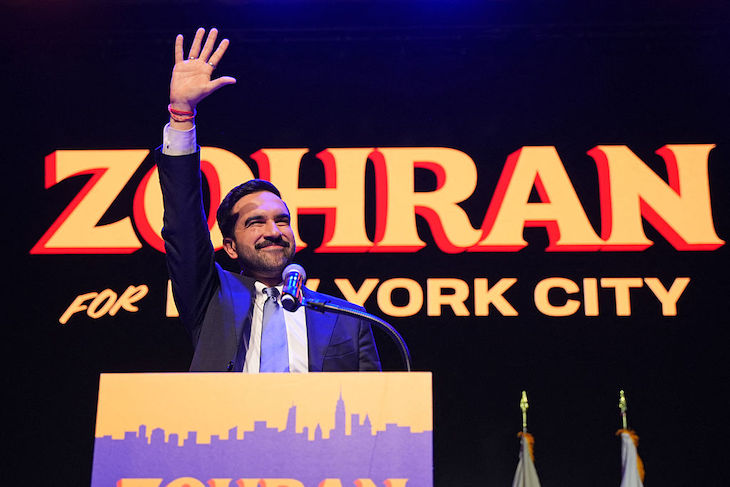Michel Barnier is the new prime minister of France. Best known in Britain as the EU’s chief negotiator during the Brexit negotiations, the seventy-three-year-old is the oldest premier in the history of the Fifth Republic and he was unveiled sixty days after the parliamentary elections that threw the Republic into chaos.
Le Pen appears satisfied with the choice of Barnier
In a statement issued from the Élysée, president Emmanuel Macron said he believed he had found the person to lead a government that “meets the conditions to be as stable as possible and give themselves the chances to gather the widest possible support.” The appointment brings to an end a shambolic summer that saw France drift leaderless during what Macron described as an “Olympic truce.”
But the left-wing coalition, the New Popular Front, which won most seats in the second round of the election on July 7, had used the political ceasefire to promote its candidate for PM, Lucie Castets. Macron had ruled her out from the start and the left have reacted with fury to the nomination of the center-right Barnier.
Jean-Luc Melenchon, the leader of La France Insoumise (LFI), denounced a “stolen election,” and said of Barnier’s appointment: “The president of the Republic has just officially denied the result of the legislative elections that he himself had called.” He called on people to take to the street to make it plain that a president cannot act in such a way.
LFI have organized protest rallies across France on Saturday to demonstrate against Macron, and one of Melenchon’s members of parliament, Mathilde Panot, has called for a show of strength “against this unacceptable coup de force in a democracy.”
There was a similar tone in a message posted by Fabien Roussel, the leader of the French Communists, another strand of the coalition that allied with Macron’s centrists in the second round to prevent the victory of Marine Le Pen’s Rassemblement National.
Le Pen appears satisfied with the choice of Barnier. “Michel Barnier seems to meet at least the first criterion we asked for, i.e. someone who is respectful of the different political forces and capable of addressing the Rassemblement National, which is the largest group in the National Assembly,” she tweeted. “As we announced to the president of the Republic, we will demand that the new head of government respects the 11 million French people who voted for the RN, and respects their ideas.”
Le Pen has perhaps never been more powerful than this week. According to the French press it was her who told Macron her party would accept neither the former socialist prime minister Bernard Cazeneuve as premier, or the centrist Xavier Bertrand, both of whom were strong contenders at the weekend.
In desperation, Macron phoned Le Pen on Tuesday evening to ask who she would accept. Someone who respects my party and my voters was her reply. Evidently one of the names mentioned was Michel Barnier.
In 2021, Barnier ran unsuccessfully to become the president of the center-right Republican Party. His campaign centered on three priorities; employment, reasserting the authority of the state and immigration. He called for a moratorium to freeze immigration to France for three to five years, saying: “Several hundred thousand foreigners have now settled on our soil, without understanding French, and sometimes without even feeling the need to learn it…It feeds delinquency and Islamist radicalization.”
During the moratorium, Barnier wished for a referendum to decide what level of immigration was acceptable to the French people, and that once decided, these figures could not be challenged by a French or European court. Marine Le Pen has long called for a referendum on immigration.
Le Pen knows that Barnier’s centrist government will need the support of her 143 members of parliament (which includes those of her Republican ally, Eric Ciotti) if he is to avoid being brought down by the left-wing coalition. This will give her bargaining power in parliament.
It will also enrage the left still further. The first street protest is on Saturday, and others will follow. There may be strikes and student demonstrations. If Barnier thought Brexit negotiations were hard work, he ain’t seen nothing yet.
This article was originally published on The Spectator’s UK website.

























